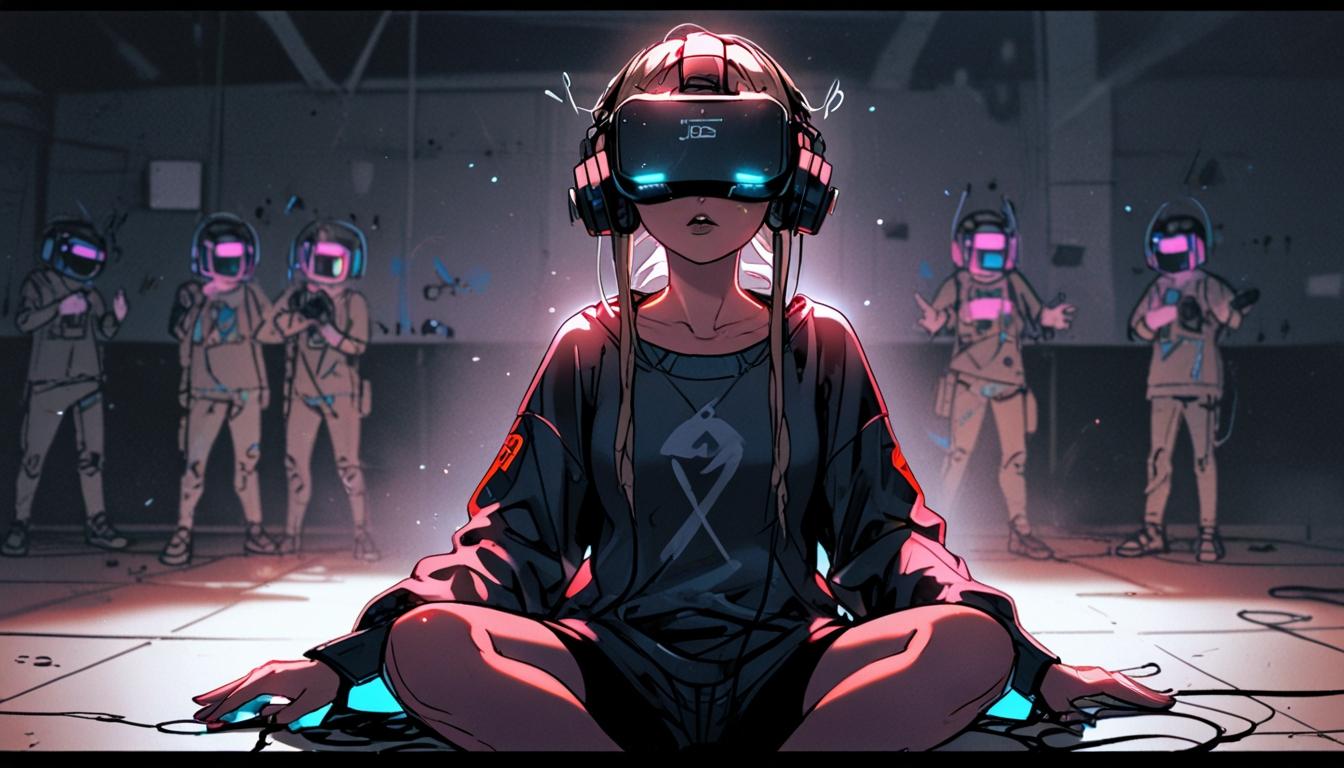Gamers who perpetrate virtual rapes within the metaverse should face charges equivalent to those for real-life sexual assault, according to legal expert Professor Clare McGlynn from Durham University. Her statements arise from growing concerns about the prevalence of these offences in online environments, where digital avatars represent individuals, particularly women and children.
In a recent paper published in the Oxford Journal of Legal Studies, Professor McGlynn argues that the unregulated nature of the metaverse is a potential "ticking time bomb" for such offences, suggesting that the number of virtual sexual assaults, referred to as 'meta-rapes', is likely to rise significantly in the coming years. The increasing use of virtual reality technology, including headsets and interactive bodysuits, allows players to experience physical sensations that can mimic real-life interactions. Consequently, assaults on avatars can lead to emotional and psychological distress akin to actual sexual assault.
McGlynn's research points to a notable case in the UK where a police investigation followed an incident involving a teenager who was reportedly 'gang-raped' in a virtual environment. The police concluded that her psychological trauma mirrored that of a victim of real-life sexual assault. This case marked a significant moment as it was the first known investigation of a virtual sex offence in the country, revealing the urgent need to address the implications of virtual interactions.
In collaboration with Carlotta Rigotti from Leiden University, McGlynn proposes that existing legal frameworks could be applied to instances of virtual sexual assault. She notes that current laws allow for the interpretation of "touching" to include actions that occur through avatars, which could provide a basis for legal prosecution. "The metaverse is growing rapidly and we see abuse, sexual violence and hate speech," she stated. "Due to the tactile technology, if somebody touches your avatar, you feel it. Victims report the same level of trauma as if the rape had occurred in real life."
The concern surrounding the safety of users, especially minors, in these digital spaces has led to calls for updated legislation. National Crime Agency chief Graeme Biggar emphasised the need for law enforcement to be equipped to address online incidents as they bear real-world consequences.
Moreover, various platforms, including Horizon Venues, a virtual reality environment associated with Meta, have begun to implement safety features in response to these issues. Following a notorious incident in which a mother’s avatar was sexually assaulted while being watched by others, the platform introduced 'safe zones' designed to help users disengage from unwanted interactions.
While Meta has reiterated its commitment to user safety and stated it will enhance its measures as it learns more about online interactions, critics highlight that the existing age restrictions for gamers can be circumvented, allowing younger users to easily access potentially harmful environments.
As discussions surrounding the legal implications of virtual actions continue, the intersection of technology, law, and user safety remains a crucial frontier in addressing the evolving landscape of online gaming and interaction.
Source: Noah Wire Services
